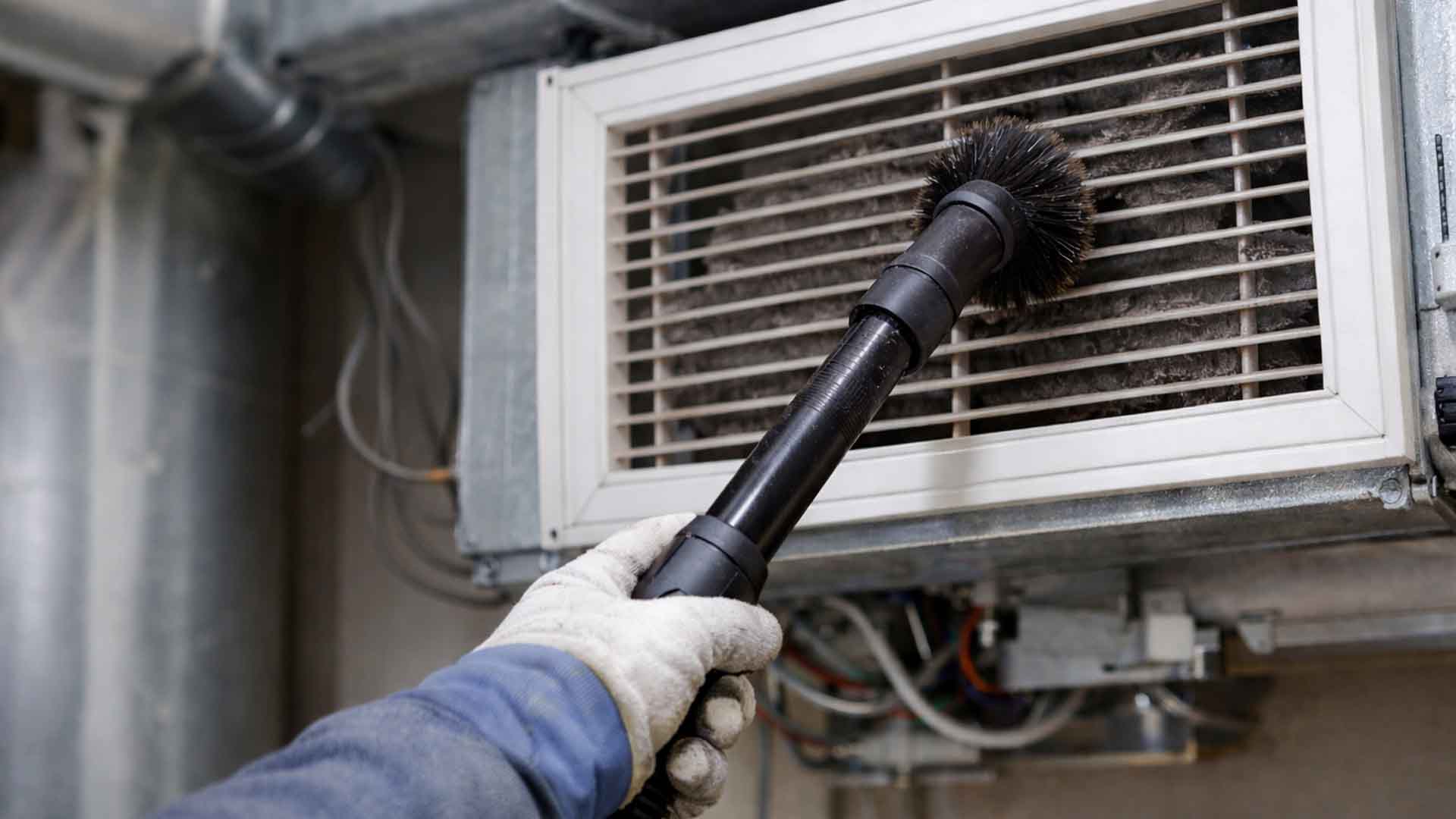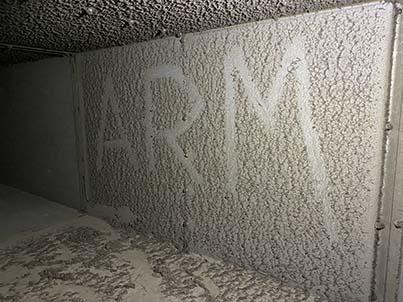Membership Matters: Which Construction Accreditation is Most Valuable?
We’ve just been approved for another year of BESA membership (hooray!) – which means our competence, compliance, and professional standards have been assessed and verified once again. It’s a big deal for us, not just because it shows our commitment to best practice, but also because clients, partners, and colleagues can trust that we meet the high bar set by the Building Engineering Services Association.
But with so many accreditations and memberships up for grabs in the industry, how can anyone be sure they’ve chosen the right one? Let’s talk about the options, and explain how choosing the right accreditation body can help boost your success as a contractor.
Why These Badges Are Important
In construction and building services, trying to persuade your client that you have the necessary skills just won’t cut it. You have to prove competence through recognised frameworks to build the trust necessary to win over a client. Additionally, complying with UK legislation can be a minefield if you’re just starting out in the field or don’t actively keep informed on the latest updates.
This is where memberships and accreditations come in. With competency frameworks (like BESA’s SKEB) popping up recently, it’s becoming more important to prove to clients that you or your company is capable of completing a job to a high standard with the necessary skills, knowledge, experience, and behaviours. Accreditations assess a contractor’s compliance with UK legislation, standards, and best practices, to verify that they are capable and competent to begin working on a project. This not only gives clients peace of mind, it also ensures workers are being protected and acting within health & safety guidelines.
Understanding the different accreditations and memberships
Clients should be cautious to work with contractors who don't have proof of competence as there's no guarantee that they will be able to complete a job sufficiently. That’s why joining or accrediting with industry bodies is so beneficial. The challenge? Each organisation has different criteria, meaning contractors often chase multiple memberships just to win work. On top of that, not all accreditations are the same, and contractors may find themselves at a crossroads when deciding which accreditation body to choose as some focus more on technical expertise whilst others dive more into health & safety procedures.
The good news is that the industry has been moving towards a more streamlined system. Certain assessment standards have been adopted by the majority of accreditation bodies to provide an easier, quicker solution for verifying contractors, meaning that one organisation’s approval should be valid across most accreditation bodies. Here are the most common ones you might see:
Safety Schemes in Procurement
SSIPs, or Safety Schemes in Procurement, are a shared safety standard contractors can gain to prove competence and health & safety compliance. They demonstrate that a business has taken the necessary steps to be safe, knowledgeable, and legally compliant. Most accreditation bodies in the sector use SSIP as the backbone of their health & safety assessments, but each tends to adapt it slightly.
This scheme is designed to be mutually recognised, meaning different companies agree upon the same criteria which helps to streamline the verification process. Much like a UK driving licence abroad, this standard proves essential knowledge, even if local requirements differ somewhat. Certain bodies, such as Constructionline, may ask members to complete additional tests or training, but the underlying SSIP framework is still adhered to, so everyone can agree that a contractor is assessed to the necessary SSIP standards.
PAS91
Formerly the Government’s standard for assessing contractor capability, PAS91 was withdrawn by the British Standards Institution in 2023. Since then, many organisations have deemed it outdated and shifted to the Common Assessment Standard (CAS), which is now also supported by the BSI. If you already have PAS91 certification, it might be worth looking into CAS to keep up-to-date on your compliance and best practices.
Common Assessment Standard (CAS)
Launched by Build UK and Constructionline in 2019, CAS streamlines the many accreditation schemes. It assesses organisations across identity, finance, health & safety, modern slavery, information security, sustainability, and more. Since 2020, SafeContractor, Constructionline, and CHAS have adopted it to create a mutual compliance framework. Some bodies, such as BESA, add sector-specific requirements but still use the CAS as the core of their assessment methodology to ensure every contractor is assessed to the same standards.
Like the SSIP framework, CAS standards are mutually recognised, so if you’re CAS certified through Constructionline, the process to become a SafeContractor member should be relatively streamlined.
Added benefits of being a member
As we touched on earlier, accreditation bodies often tailor their assessments to specific industries, highlighting different values such as sustainability or safety. Choosing the right accreditation can showcase a business’s priorities and values whilst ensuring contractors are prepared for certain projects within their niche.
Membership also offers networking opportunities, with many bodies hosting platforms where contractors connect with companies or source clients (e.g. SafeContractor). Additionally, some provide advice lines (BESA) or career development opportunities (CIBSE).
Most platforms include knowledge hubs or research resources, particularly BESA and CIBSE, which publish independent studies and updates which can help contractors stay informed on the latest developments and best practices. Additionally, some bodies host events, offering further networking, learning, and career opportunities.
Which accreditation should I choose?
Although the recent move to agree upon a standard assessment criteria has helped to streamline the verification and accreditation processes, contractors and companies still have to choose between bodies that differ slightly in what they offer. Although most assessments now follow the same criteria, it’s the added benefits of becoming a member with any one of these accreditation bodies that make the choice potentially quite difficult.
Here’s a simple breakdown of which accreditation body you might want to look into based on your needs:
- BESA – best for contractors who want technical support, advice lines, and sector-specific assessments.
- Offers the BESA Competence Assessment Standard (also referred to as CAS) which is recognised similarly to the Build UK CAS.
- Accepts SSIP but does not offer it.
- CIBSE – ideal for professionals seeking career development opportunities and access to independent research. CIBSE do not offer accreditation, rather they provide training and career development opportunities which may be best-suited to someone who is already accredited.
- Does not accept or offer CAS
- Does not accept or offer SSIP
- SafeContractor – suited to contractors wanting client visibility and sourcing opportunities through its networking platform.
- Accepts and offers CAS.
- Accepts and offers SSIP.
- CHAS – strong choice for businesses focused on robust, widely recognised health & safety credentials.
- Accepts and offers CAS at CHAS 'Elite' level.
- Accepts and offers SSIP from CHAS entry levels.
- Constructionline – a versatile option for those seeking broad recognition across sectors.
- Accepts and offers CAS at Constructionline 'Gold' and 'Platinum' levels.
- Accepts and offers SSIP through its bespoke 'Acclaim Accreditation' scheme.
Of course, you don’t have to choose just one. If you have the means, becoming a member of multiple groups like these can help increase your visibility and trustworthiness and ensure you maximise your opportunities for networking. The only drawback to this option is that each membership might cost quite a lot, so it’s typically advised to just choose the most appropriate one.
The key takeaway here is that most of these bodies offer, at their core, the same service: a way to prove to clients that you or your company is safe, capable, and compliant. These days, it’s usually quite easy to transfer your accreditation across different organisations, even if they use slightly different criteria or assessment methods, so you can rest assured that almost any choice you make will be worth it.






